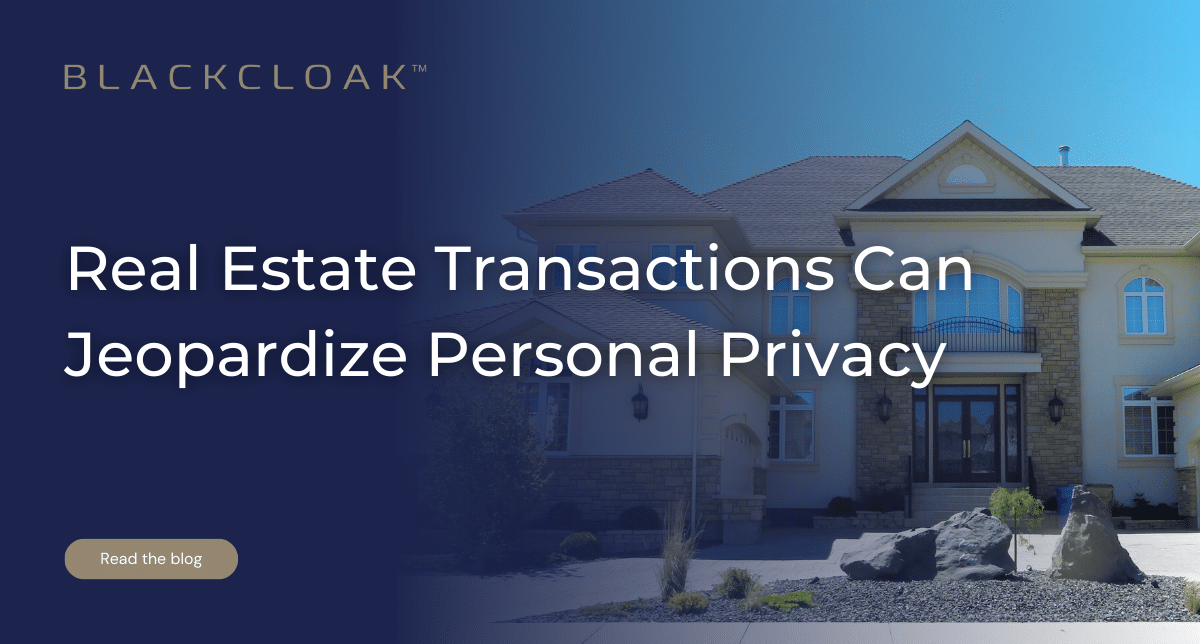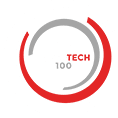Real Estate Transactions Can Jeopardize Personal Privacy

Recent surveillance by BlackCloak’s Threat Intelligence Team has identified a trend in the exposure of personal information and home locations of high-profile individuals.
The source? Online media outlets, like Dirt, The Real Deal, and more, that publish the real estate transactions of high-profile and high-net-worth people. These outlets disclose property transactions, linking them to their actual occupants even when the purchases are obscured through trusts, corporations, or other privacy measures. The sites usually refrain from publishing explicit addresses or contact information, but they display home images and other details sourced from real estate agents and listings.
The Privacy Dilemma: What Risks Are at Stake?
While the sites are careful to not directly infringe upon privacy laws, the publication of this data creates potential hazards for those who have gone to great lengths to maintain anonymity. The risks range from physical security threats and a heightened likelihood of identity theft, to simple annoyance.
One privacy dilemma is that those with intent can download the images from the website and search for the unique hashes (identifying numbers) online or utilize Google’s Reverse Image Search to locate the exact address. Using these techniques can uncover official listings and the exact home address.
Can Information Be Removed?
The published stories use information from public records and most are careful to not explicitly reveal sensitive data about the residents. For the homeowner, it is difficult to get the information removed. However, with proper planning, it is possible to remove certain pieces of information. Three important steps you can take:
- During a home purchase, new owners can require the listing agent to delete all images and home descriptions from the Multiple Listing Service (MLS) and any other real estate sites under their control.
- The new owner can arrange to have the images of the home from the listing assigned to them. After securing the copyrights to these images, the homeowner can then issue a “takedown request” to these sites. If the site fails to comply, the homeowner can request the hosting provider remove the entire website or pages with copyrighted material, courtesy of the Digital Millennium Copyright Act (DMCA).
- Using a protection service that persistently works to take down search engine links to these webpages and remove other information from Data Broker websites (e.g., Spokeo, 411.com, PeopleSearch, etc.) can also prove beneficial.
While the first two options necessitate legal involvement, unfortunately, unless more personal data is explicitly disclosed, the new homeowner is left with few options.
Final Thoughts
Navigating the digital landscape while maintaining privacy can be a daunting task. That’s why BlackCloak offers holistic Concierge Cybersecurity & Privacy(™) protection. For more information about how our team can aid in safeguarding your digital footprint, don’t hesitate to reach out. Privacy is not a luxury; it is a right that we all deserve.








